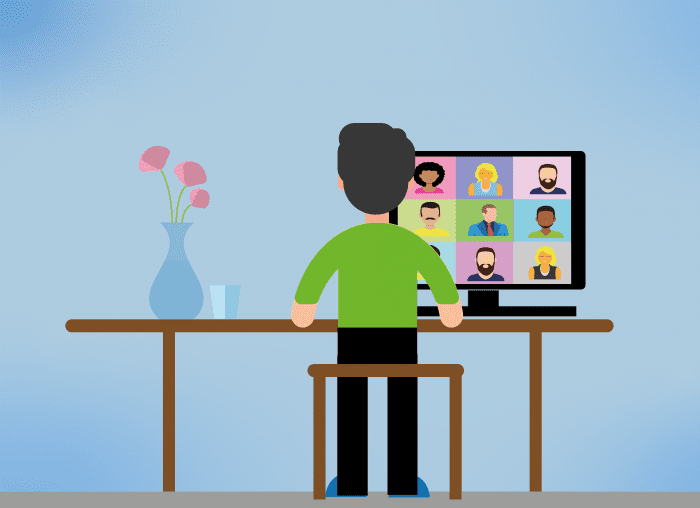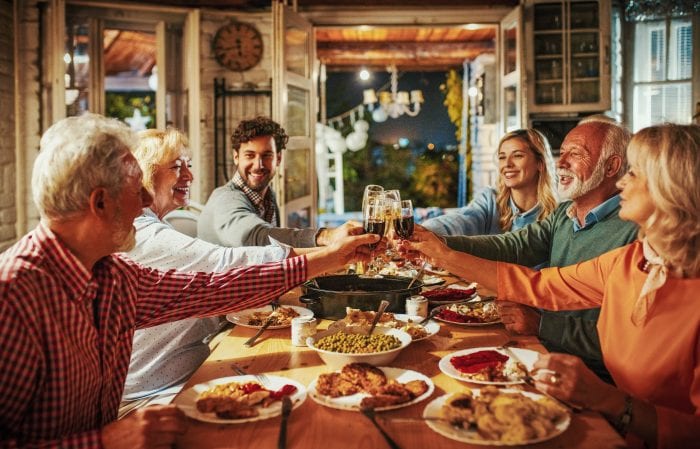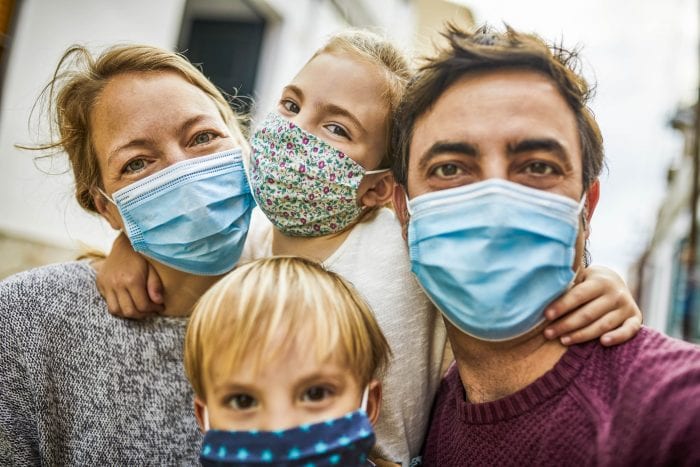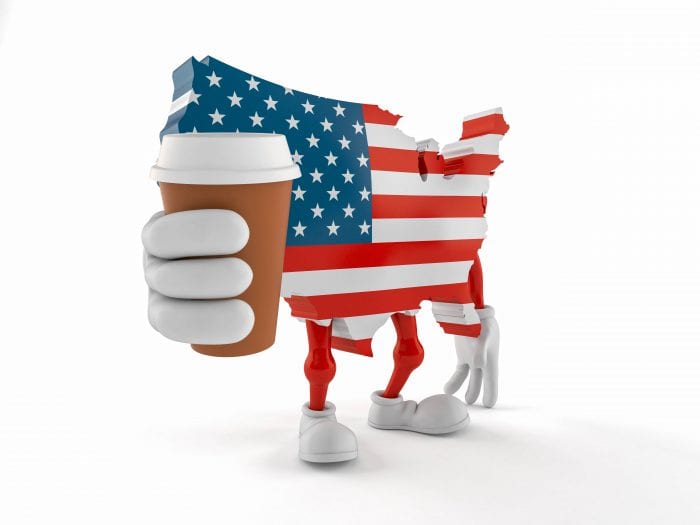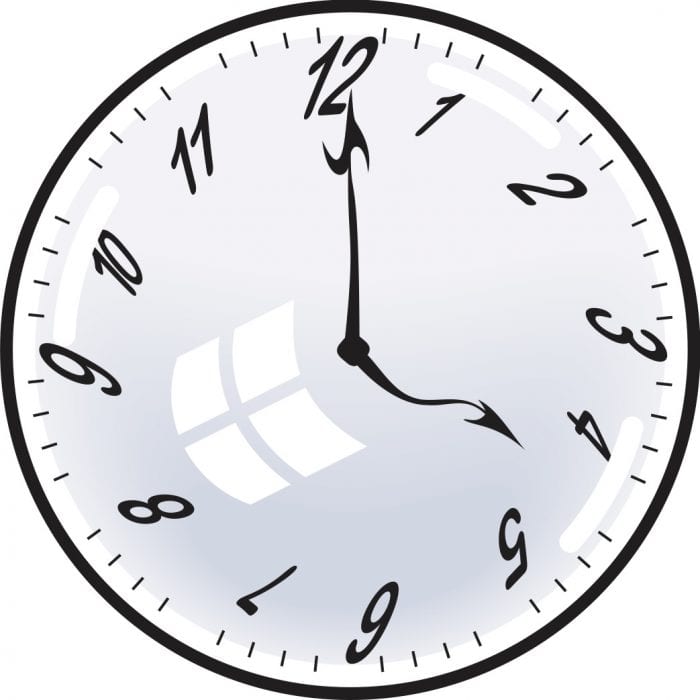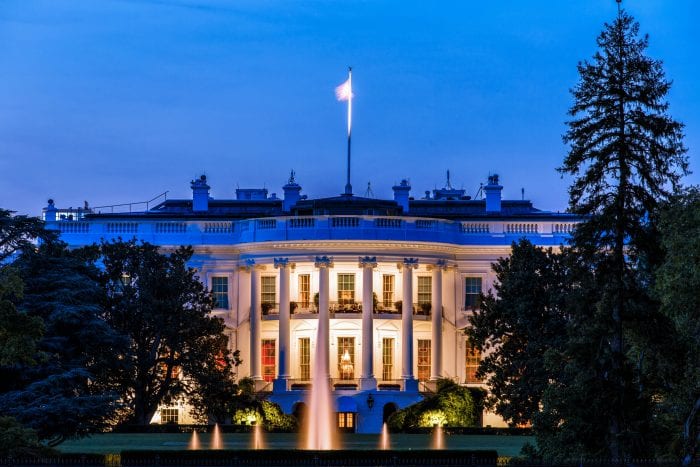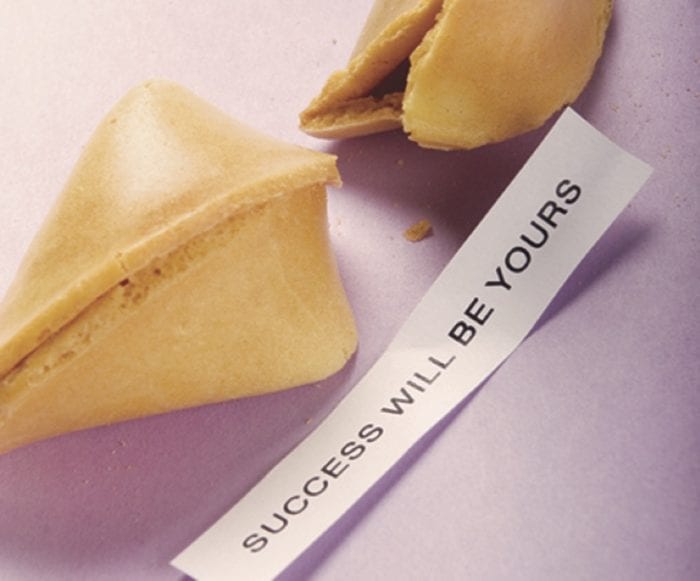By Daniel Dunaief

Hello and welcome to the first and hopefully last Zoom Thanksgiving. Hey, hold on, I can see that you’ve muted yourself in Box 6 over there, Uncle Mary. Yes, I know I said Uncle Mary because I’m reading the name on your screen. Did you think that was funny? What are you saying that I can’t hear?
OK, so we’re going to forego the usual list of what we’re thankful for because it’s 2020 and we’re not together, and I promised the kids they wouldn’t have to talk to such a large group of faces who are all
looking in the wrong direction.
Seriously, what’s wrong with you people? Can’t you look at the camera? I know that might sound harsh. I just spent the last few hours before this fake happy scene trying to remember something about the Ottoman Empire. No offense to the Ottoman Empire, but I didn’t like history much when I was that old and now I’m trying to learn it again.
Yes, I know, Uncle Mary, it’d be easier for me to teach my kids these subjects if I pretended to be interested, but that ended in early April, when I had to try to remember something about the number of electrons in different orbits around atoms.
Anyway, I’m thankful we’re together. I saw that, cousin Clarence. Look, we don’t see you very often. The least you could do is not roll your eyes the entire time I’m talking. You’re doing it again! Cut it out! Oh, really? You have something in your eye? Let me see. Oh yeah, it does look red.
Okay, so we’re going to make this virtual Thanksgiving all about the senses. You see, we’re going to each search through our house for things that look like something else, put them on the screen and guess what the other person is holding. I read something about being creative this year, so this is it.
No, Alex, you can’t ask a question. Because I said you couldn’t. I’m running this virtual Thanksgiving, and I said you couldn’t. Well, then, your teacher is a better person than I am. I wish he was your father, too. No, no, I didn’t mean that. I just mean that we’re doing something differently this year. Okay, if you stop crying, you can ask a question.
Well, actually that is a good question. It doesn’t really have anything to do with Thanksgiving per se, but guessing what we’re holding is a way for each of us to connect. Okay, so, now, everybody, go get something and bring it back.
Ah, I see Uncle George has come back with something that looks like a baseball. Oh, it is a baseball? That’s not very creative. Oh, Uncle George, you’re not going to tell the story about how you almost caught a foul ball hit by Mickey Mantle, are you? Oh, you were? Well, that is a great story, and I’m sure there’s someone who hasn’t heard that story yet. By a show of hands, who hasn’t heard that story? Okay, well, Uncle George, it’s only because we all listen to you so carefully and we love to hear your stories. Maybe, though, we’ll skip that one this time. Are you crying too, or do you have something in your eye?
Okay, someone else go. Matthew, what are you holding? It looks like an origami bird. Wait, it is an origami bird? I wasn’t supposed to guess it that quickly? Well, it’s because you did such a great job. Now you’re crying?
Okay, it’s Jennifer’s turn. It looks like a huge glass of wine. You’re drinking it to test it? So, it was wine? And now you’re refilling it and drinking it again? One more time? Really? Okay, anyone else want to go?

